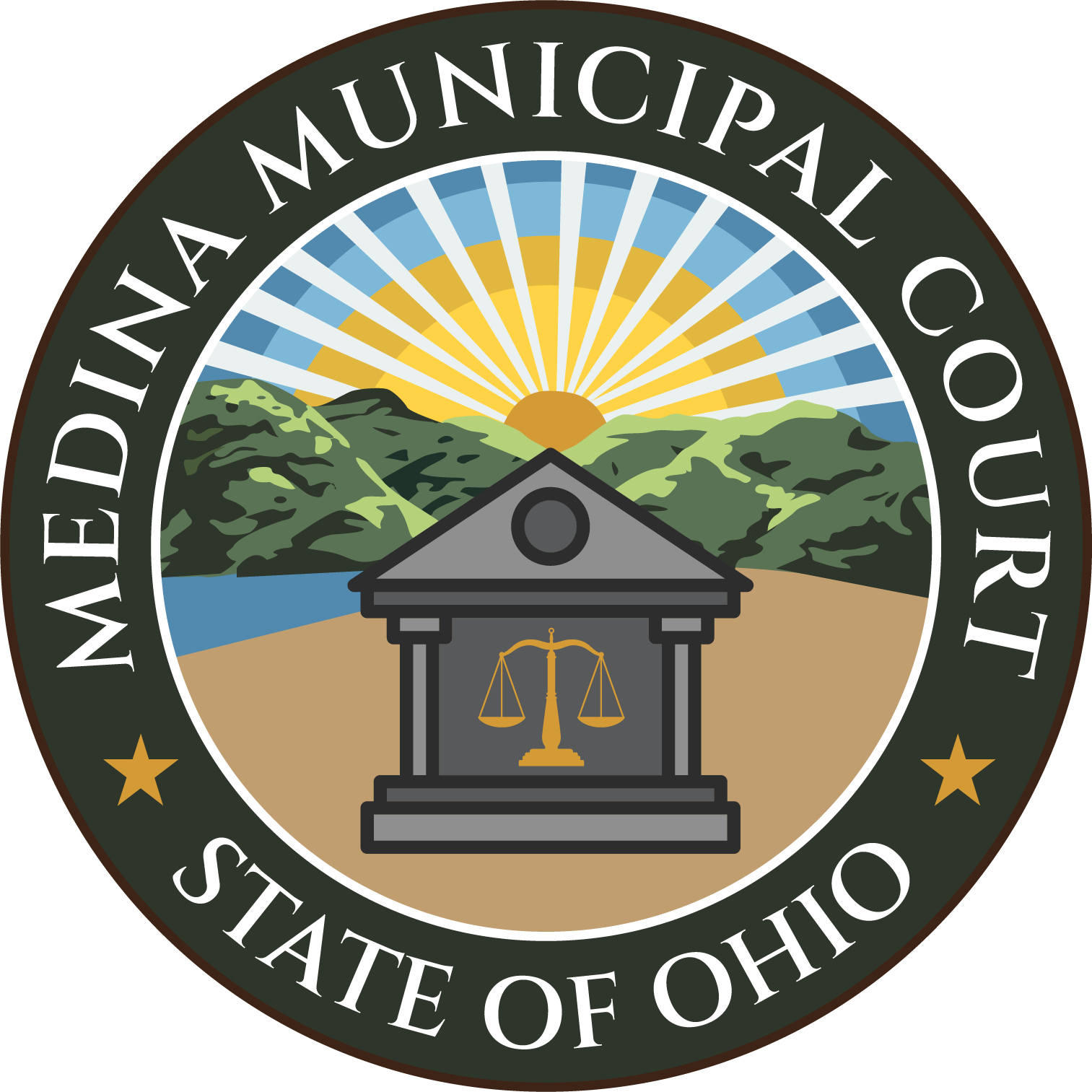Step by Step Through Small Claims Court
CIVIL COURT COSTS
The clerk’s office will give you a Complaint form. The person who is suing is the plaintiff. The person being sued is the defendant. You must know the name(s) and address(es) of the person(s) or legal entity (corporation, partnership, etc.) you are suing. If you are suing a corporation, it is best to state the correct name of the corporation on the Complaint. At the web site for the Secretary of State of Ohio (www.sos.state.oh.us/sos), select “Businesses” and “Search” to find the name of a corporation and the name and address of its statutory agent (appointed by the corporation to accept service of legal papers) by searching . The maximum mount of damages that can be requested in Small Claims Court is $6,000.00. If documents are attached to the Complaint, provide a complete set of the documents for each defendant.
Service
The Court will forward a copy of the Complaint to the defendant by commercial carrier unless otherwise directed. If the address is incorrect or service cannot be completed, the plaintiff will be notified of this and must provide the clerk’s office with a good address. The Plaintiff must file a precipe with the clerk’s office with a new address. Service will be issued at Plaintiffs cost. If service is not completed, the trial cannot go forward.
Trial
The trial is conducted by the Magistrate. The trial is the only chance the plaintiff and the defendant will have to present their witnesses, documents, and any other evidence that will help them prove their case. The Magistrate will not allow either side to provide additional evidence at a later time.
Magistrate’s Decision
After considering the facts and the law, the Magistrate will issue a written Magistrate’s Decision, which will be sent to the plaintiff and defendant.
Objections
Either party has a right to object to the Magistrate’s Decision. Written objections must be filed within fourteen (14) days of the time-stamped date of the Magistrate’s Decision, a copy must be sent by the objecting party to the other side, and the objection must state on it that a copy was sent to the other side. A transcript of the original proceedings, prepared by a certified court reporter, must be filed within thirty (30) days of the date the objections were filed. A new trial will NOT be scheduled before the Judge. Refer to the Court’s cost sheet for applicable filing fee.
Final Judgment
The Judge thoroughly reviews the file, the Magistrate’s Decision, any written objections, and any response to objections before issuing a final Judgment Entry in the case. The Judgment Entry may adopt or modify the Magistrate’s Decision, or it may be entirely different from the Magistrate’s Decision.
Appeal of Final Judgment
The final judgment made by the Judge can be appealed to the Court of Appeals. This is a technical procedure that must be done shortly after the final Judgment Entry is issued. It will probably require the services of an attorney.
Vehicle Complaints
If your complaint has to do with a motor vehicle, you probably want to bring the original title or a certified copy of it with you to the trial.
If You Obtain a Judgment
If you obtain a judgment against the opposing party, and the party does not pay you the judgment amount, court costs, and interest after the judgment is rendered, you will have to take affirmative steps to collect the judgment. The most common methods used are wage garnishments, bank account garnishments, execution on personal property, and filing a lien on real property owned by the defendant. If the plaintiff is a corporation, these methods of collection must be handled by an attorney on behalf of the corporation.
Getting Information to Collect a Judgment
If the judgment is at least 30 days old and you want to take steps to collect your judgment, but you don’t know the necessary information (i.e. where the defendant works, where he banks, etc.), you can request a Financial Information Form from the Small Claims Division of the clerk’s office. Plaintiff corporations are permitted to request a financial information form without being represented by an attorney. A form will be sent to the party who owes the judgment. He/she must complete the form and return it to the Court. Refer to the Court’s cost sheet for applicable filing fee.
Once the form is completed and returned to the Court, the clerk’s office will mail a copy of it to you. The information on the form should be useful to you in collecting your judgment. If the defendant does not file the form timely, you will receive copies of notices that the Court sends to the defendant. You may not need to appear for some of these post-judgment hearings, so read your notice carefully.
COURT EMPLOYEES CANNOT GIVE LEGAL ADVICE. IF YOU HAVE ANY QUESTIONS ABOUT YOUR CASE THAT ARE NOT COVERED HERE, YOU MAY WANT TO SPEAK TO AN ATTORNEY. YOU MAY CONTACT THE
MEDINA COUNTY LAWYER REFERRAL SERVICE AT (330)725-9794 OR LEGAL AID AT 800-998-9454.
***************************************************************************************************************************
Ohio Revised Code Section 1925.02 specifies that the small claims division does not have jurisdiction in any of the following:
- Libel, slander, replevin, malicious prosecution, and abuse of process actions
- Actions on any claim brought by an assignee or agent
- Actions for the recovery of punitive or exemplary damages
Chapter 1925 of the Ohio Revised Code contains details about Small Claims and the types of cases that can be heard in Small Claims. Parties are encouraged to read this chapter prior to filing or appearing in Small Claims cases.
You can access the Ohio Revised Code here: Ohio Revised Code
